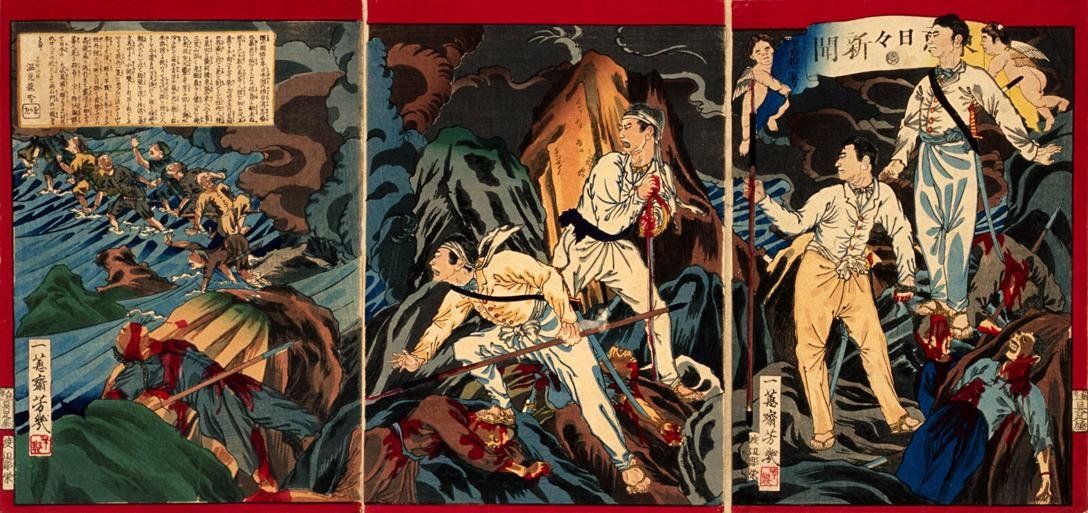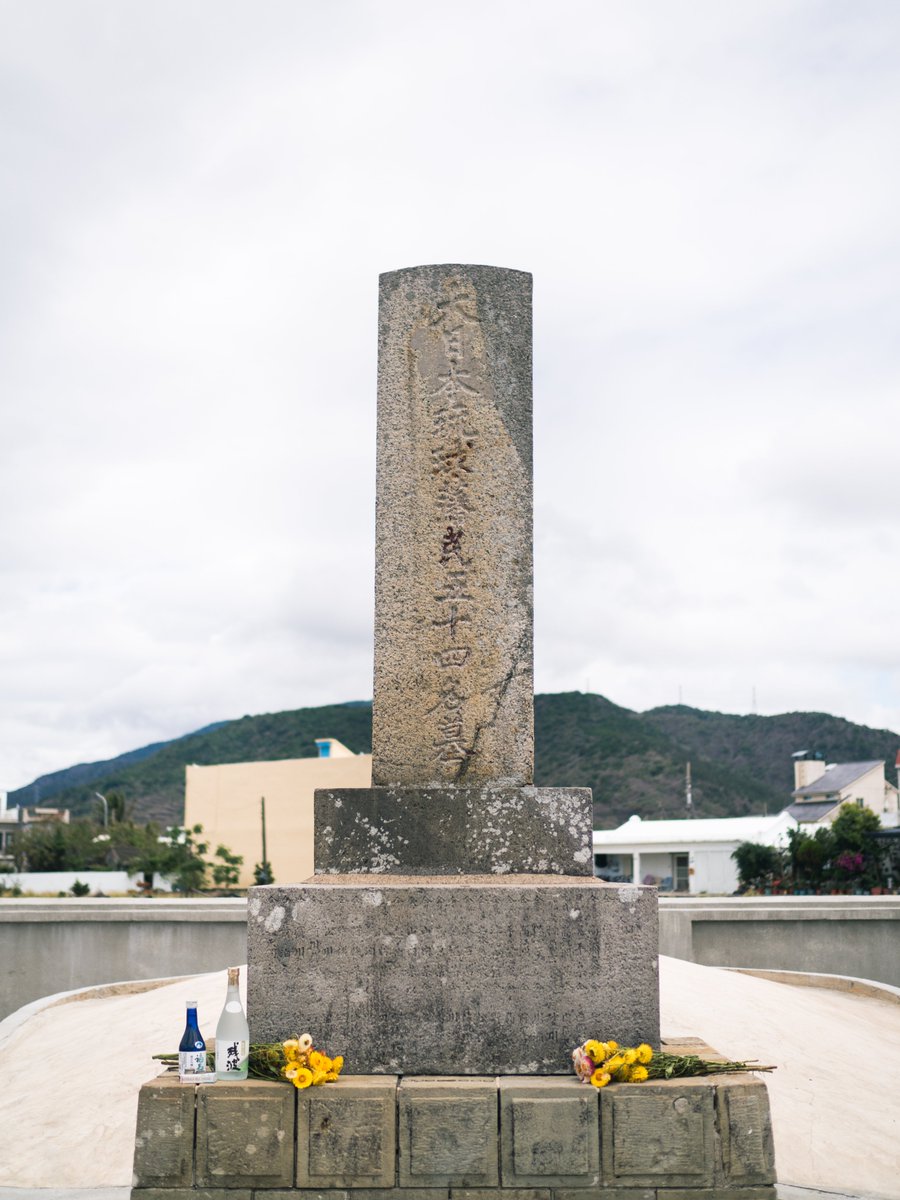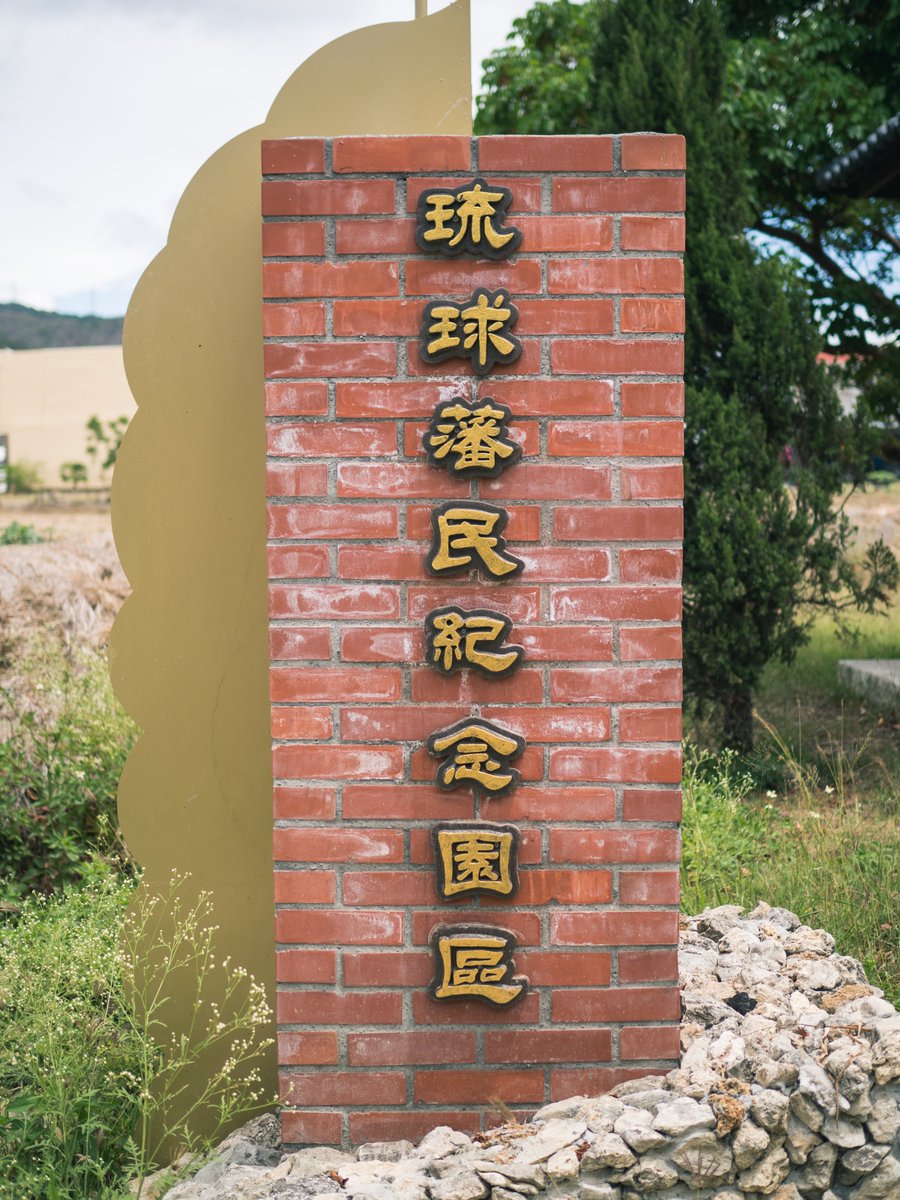Okay, let's try to put the Taiwanese diaspora in Australia on the map for #APIAHM (yeah we like to be included whatever the US is doing). Just some personal observations. Brisbane, Queensland hosts the largest Taiwanese community in Australia. It's like the California here. (1)
https://twitter.com/cloudleviathan/status/1258119443768467456
If he/she is from Brisbane, it is also likely that the family came from Kaoshiung. Absurd but people say it's the similar climate. The Taiwanese community, along with the HK migrants, were some of the earlier non-white migrants after the abolishment of White Australia policy. (2)
So in the 80s & 90s, TW migrants socialise predominantly with HK, Chinese-Malaysian & Chinese migrants, usually in Chinese-language churches. However, more Taiwanese churches were established in the 90s & 00s (because of new Chinese migrants crowding them out in cities?) (3)
I believe the common usage of the term '華僑' (Oversea-Chinese) also shifted to '台僑' (Oversea-Taiwanese) over the same period of time. For example, the Melbourne Taiwanese Association (TA) has been actively advocating the idea of '台僑' since it established in 1993. (4) 

TW Organisations in Australia actually have been very political, advocating & lobbying for #Taiwan for decades. I recommend 邱垂亮's 有緣相隨. He mentioned how they fundraised for pro-Taiwan campaigns (& regretted about Rudd), how they helped get rid of Pauline Hanson in '02 (5) 






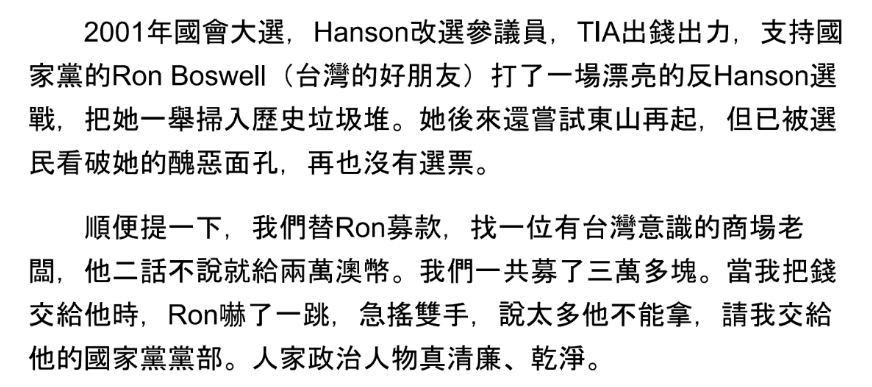
In recent events, like the Taiwan Festival in Melbourne last year, the main theme was "Taiwan Can Help". They were showcasing the legalisation of same-sex marriage to promote TW & demonstrating how the values of the two countries (Lgbt rights, multiculturalism etc.) align. (6) 



The situation w/ the Taipei Office is a little bit more complicated. On one hand, it is certainly promoting TW as the progressive nation that shares modern values. But there is a lot of ROC legacy left behind here that they need to take care of. Will be another tweet one day. (7) 







Melbourne is also interesting as it's a student city. TW students had some sizable protests during Sunflower in '14. And it was also one of the main spots HK & mainland Chinese student clashed last year. (ROC flags here were used by some ROC-idolising anti-CCP Chinese.) (8) 




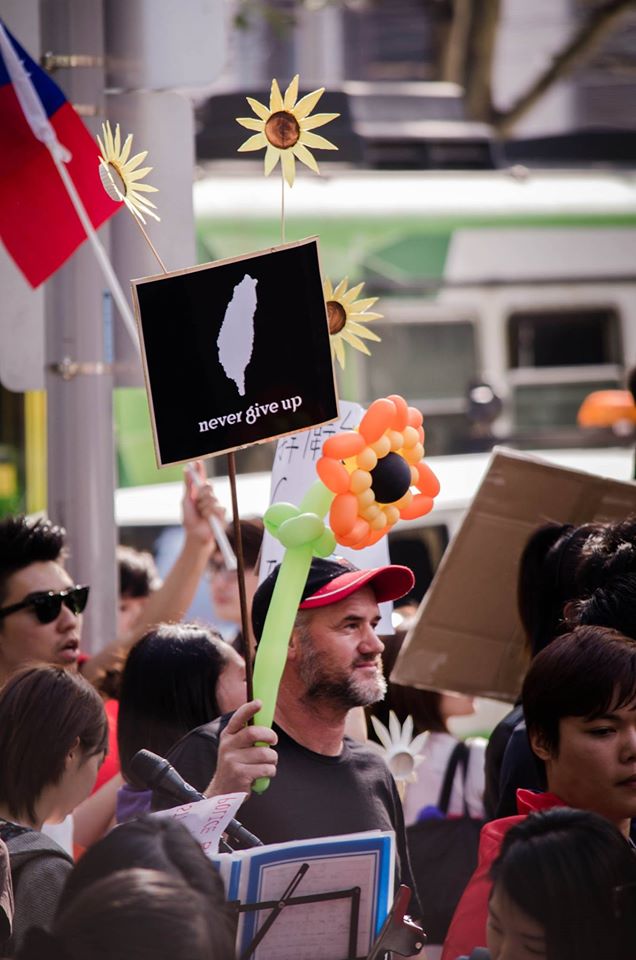
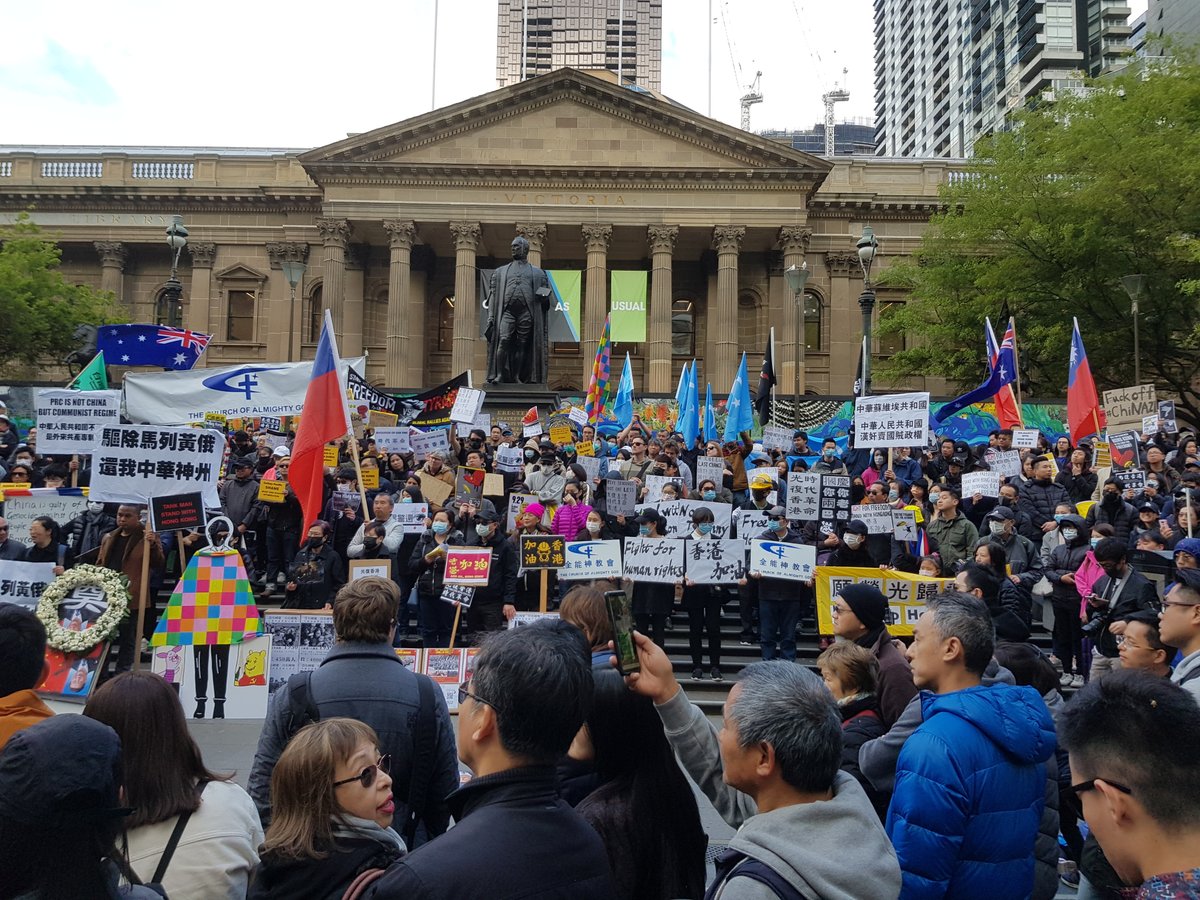

TAs have been pushing hard on issues like passport name change & WHO participation. Another WHO crowdfunding campaign has just been launched. h/t @taiwanadam. It really shows how important oversea-TW supports can be (even from Downunder!) Go help 'em out:
gofundme.com/f/ejj55s-taiwa…
gofundme.com/f/ejj55s-taiwa…
• • •
Missing some Tweet in this thread? You can try to
force a refresh








